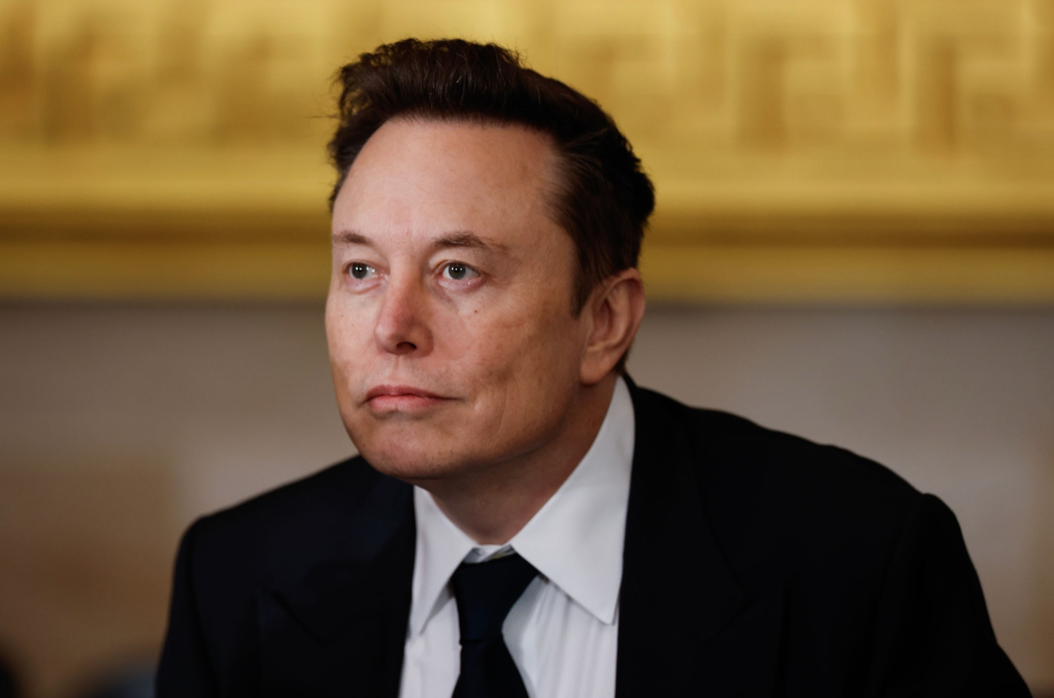Meta CEO Mark Zuckerberg Photo: Getty images
During the second day of testimony in the high-profile antitrust case against Meta, CEO Mark Zuckerberg admitted that in 2018 he considered spinning off Instagram into an independent company. The move was meant to protect the company from antitrust pressure from US regulators, Reuters reports.
“I wonder if we should consider the radical option of making Instagram a separate company,” the internal memo, which was shown in court in Washington, DC, said.
At the time, Meta (then Facebook) was planning to integrate its apps more closely. However, Zuckerberg also warned that such a strategy could harm Facebook as a separate brand, and did not even guarantee the preservation of the entire “family of apps” in the future.
In the end, Meta did not spin off Instagram, but instead strengthened its integration with WhatsApp and Facebook. However, the very fact that such a move was discussed demonstrates how seriously the company took the risks of antitrust regulation at the time.
“There is a good chance that under the next democratic president, we will be forced to split Instagram and possibly WhatsApp,” Zuckerberg said in the document.
The US Federal Trade Commission (FTC ) sued Meta in 2020 in an attempt to cancel its acquisition of Instagram and WhatsApp. Among other things, the FTC accuses the company of having a monopoly in the social media market, where its main competitors are only Snapchat and the lesser-known MeWe.
During the hearings, Zuckerberg confirmed that Meta acquired Instagram because of a better camera than the one Facebook was trying to create at the time. This statement reinforces the accusations of a “buy or destroy strategy” against competitors.
“We did a build-or-buy analysis, and I decided that Instagram was better, so it was worth buying,” Zuckerberg said in court.
Meta, for its part, argues that the FTC misidentified the market and failed to take into account competition from TikTok, YouTube, and even Apple.
Zuckerberg also acknowledged that most of Meta’s attempts to create new apps have been unsuccessful:
“We tried to create dozens of apps, but most of them didn’t take off,” he said.
This trial is considered to be a litmus test of the Trump administration’s new antitrust policy towards tech giants and may have historic significance for the future of the digital market.

















